Reviewed by Sahil Chopra, MD, and Stacey Gunn, MD.
Research by Savit Malhotra.
In this third article of our napping mini-series, we’ll be taking a quick look at nap dependence and what can cause a person to become overly reliant on naps to get them through their days.
Introduction
If someone is taking a nap because they enjoy it, then there tends not to be a big problem with their occasional napping. However, if a person is taking a nap because they need it to get through their day, then chances are there is some reason why they do. Whether it be because they aren’t sleeping enough at night or they aren’t getting good quality sleep, nap dependence is an issue that calls for further investigation. In this week’s article, we will talk about how even though the occasional “here-and-there” nap can be a useful tool, nap dependence can be indicative of a much greater problem.
Not Getting Enough Sleep at Night
One of the most common reasons why a person can become dependent on naps is simply because they are not getting enough sleep at night. Every age group has a typical requirement of sleep that people in that age group should get. For example, those between the ages of 13 to 18 generally need 8-10 hours of sleep per night, while adults need 7 or more hours of sleep per night.[1] When we don’t meet these requirements, we start to accumulate what is known as sleep debt.[2] This sleep debt is, as the name implies, sleep that we owe our body due to losing it at night.
When people accumulate large amounts of sleep debt, they often rely on napping to help them overcome that debt. A quick 10-minute nap, as we’ve discussed in the first article, can definitely help a person overcome their feeling of tiredness. In doing so, a person may find small boosts in their performance and alertness.[2] The issue, however, is that napping is not a replacement for sleep. Ideally, when you take a nap, you will not be going through all of the individual sleep stages and thus will not benefit the same way. And so, while napping can be a quick fix to sleep debt, it is not a long-term solution.
Sleep debt is a chronic problem that takes days to recover from. One study even found that for every 1 hour of sleep debt per day, up to 9 days of extended sleep opportunity was needed (extended sleep opportunity in this study is defined as 12 hours of sleep).[3] Unfortunately, this was a controlled study and most individuals do not have the ability to sleep for 12 hours per night, and attempting to nap for 4 hours to supplement 8 hours of nighttime sleep will only further cause harm. For this reason, the best option is to avoid sleep debt in the first place. Optimizing your sleep opportunity (not scrolling through social media before bed, not trying to watch “just one more episode”, etc.) remains the best solution. By frequently not sleeping, we are accumulating more sleep debt. As a result, we are further creating a scenario in which our body wants to take naps. Thus, we are forming nap dependence, and it is highly likely we will begin to see other issues form.
Poor Quality Sleep
Now, let’s say you are getting a full 8 hours of sleep per night, but you’re still waking up feeling tired and wanting to take naps. What gives? Aside from ensuring that we are getting enough sleep per night, we also need to make sure that we are getting high-quality sleep. Oftentimes, waking up and still feeling tired/needing to take a nap in the middle of the day could be a sign that a person’s sleep quality is not where it should be. Here at Empower Sleep, we use an objective measure of sleep quality called the sleep quality index (SQI). This is an FDA-cleared summary index that takes into account cardiopulmonary coupling biomarkers that are able to provide a meaningful measure of sleep health.[4] Different practices, however, likely have different but similar metrics.
So now, even with you’re full 8 hours of sleep, if the quality of your sleep is not adequate, then the amount of sleep you get doesn’t make a difference. High-quality sleep plays a critical role in repairing the immune system, maintaining blood vessels, and clearing toxins from the body.[5] Aside from these functions being disrupted, poor quality sleep can also lead to feelings of tiredness and fatigue throughout the day.[6] By this point, you’re likely wondering what it is that can cause this poor sleep quality. Sleep quality can be impacted by a number of factors, such as poor sleep hygiene (i.e., consuming alcohol or caffeine before bed) or by factors such as pain, depression, and anxiety.[6] Certain sleep disorders (such as sleep apnea, insomnia, narcolepsy, and restless leg syndrome) can also contribute to poor sleep quality.[7] Regardless of the underlying cause, it is important to treat it as quickly and efficiently as possible in order to reduce the impact that they have on nighttime sleep and, thus, reduce a person’s nap dependence.
Conclusion
The human body is a machine, and nightly sleep is the oil that keeps its gears turning. As long as we’re getting sufficient, high-quality rest, our bodies will continue to function efficiently. But when we start to deprive ourselves of the foundational sleep that we need, our body will want to find some other solution to keep it from shutting down. And here is where it will resort to taking naps. As we’ve discussed, we aren’t here to tell you that napping is bad, and we might even encourage napping to be used as a tool. However, relying on naps to compensate for poor sleep is like using cooking grease in place of engine oil; it might keep things moving temporarily, but over time, it causes damage. For long-term performance and health, nothing is better than the steady and consistent true nightly rest.



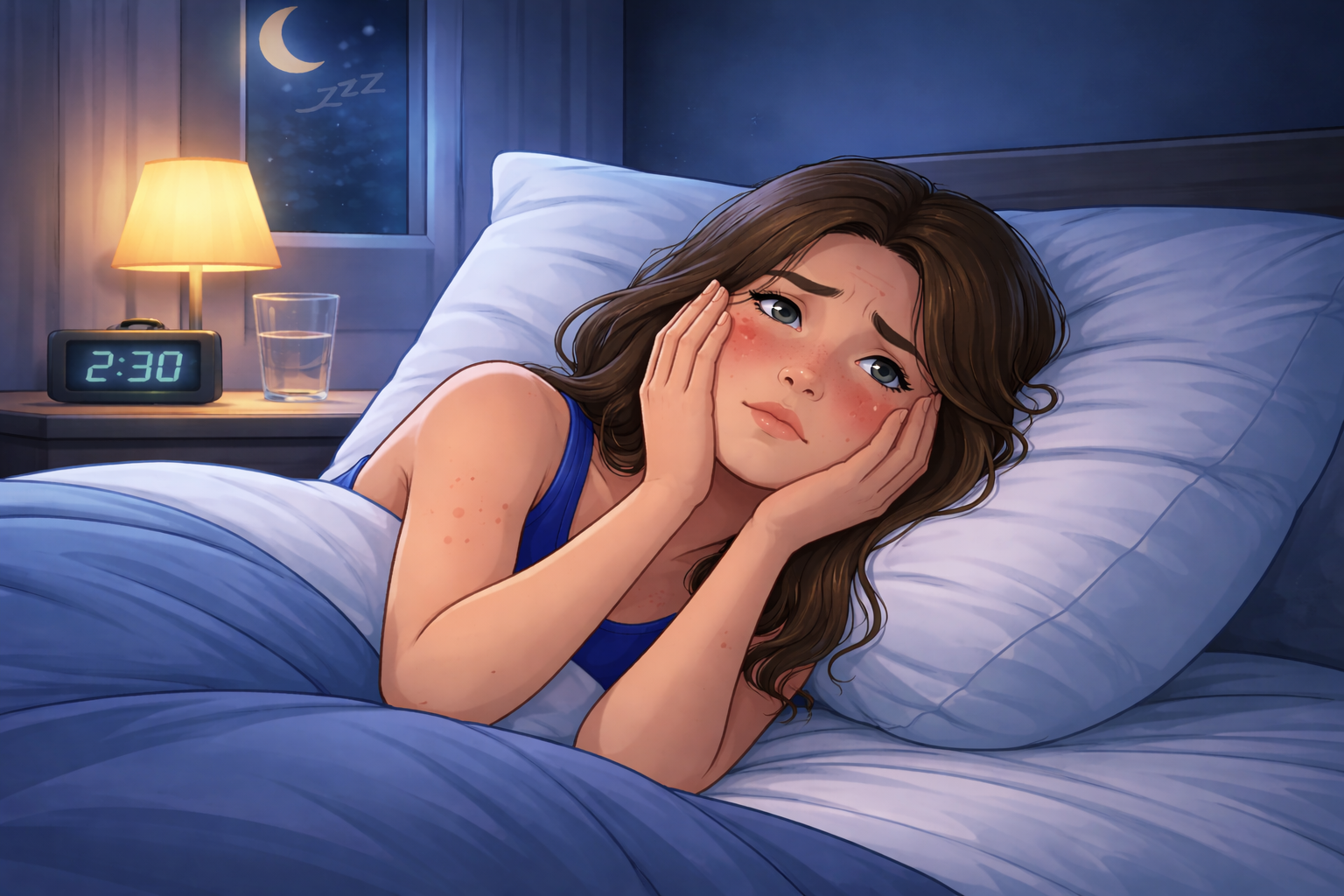


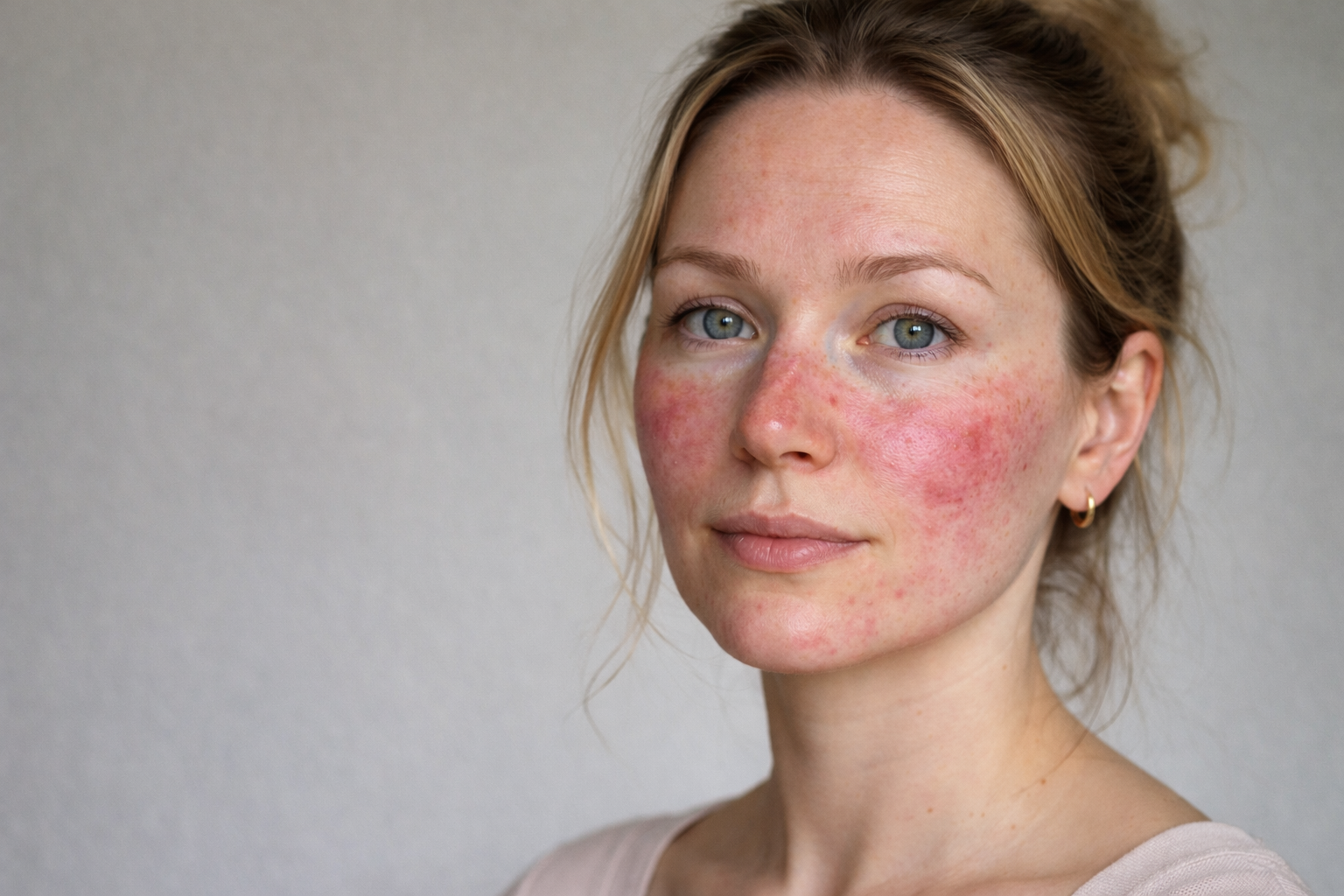

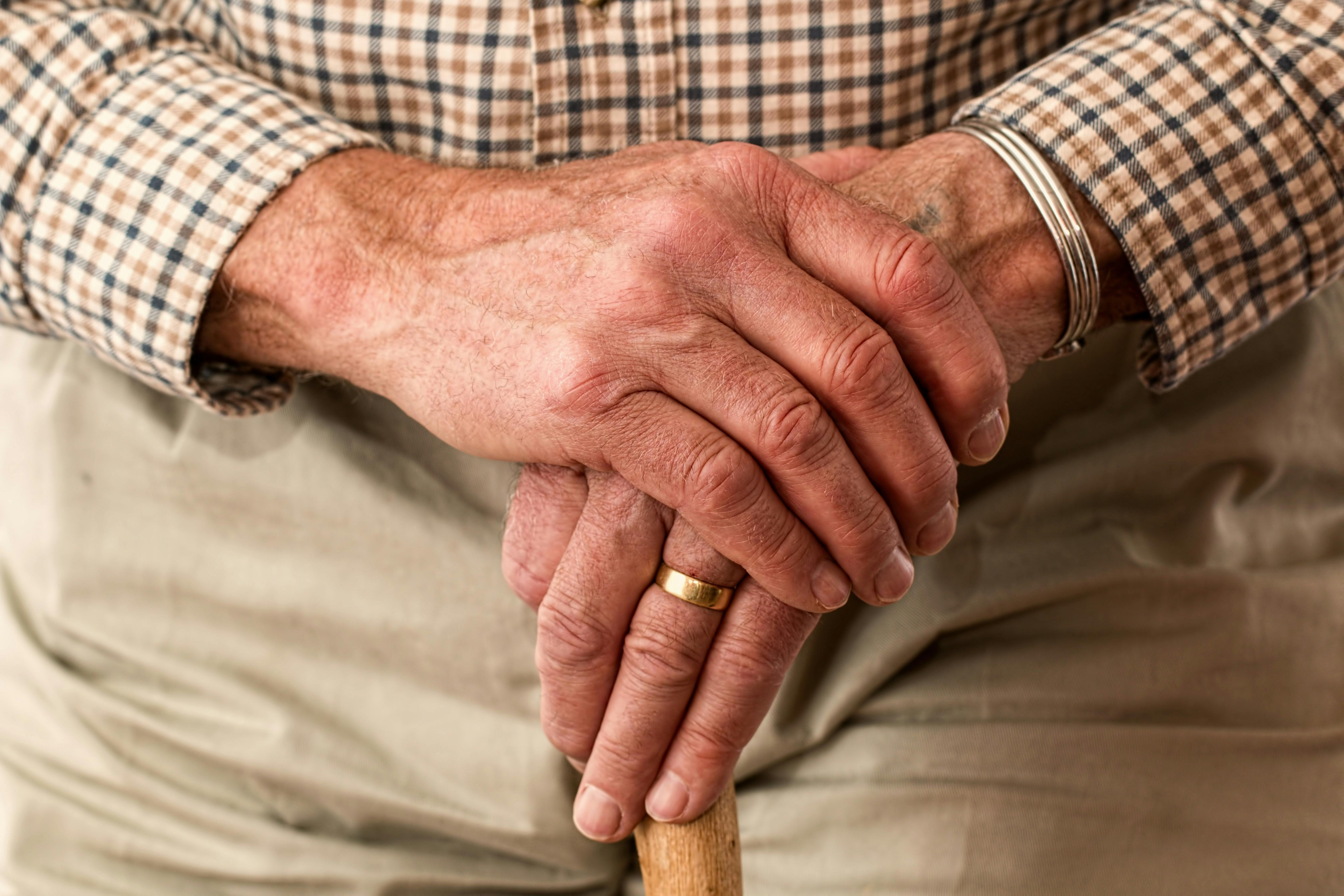
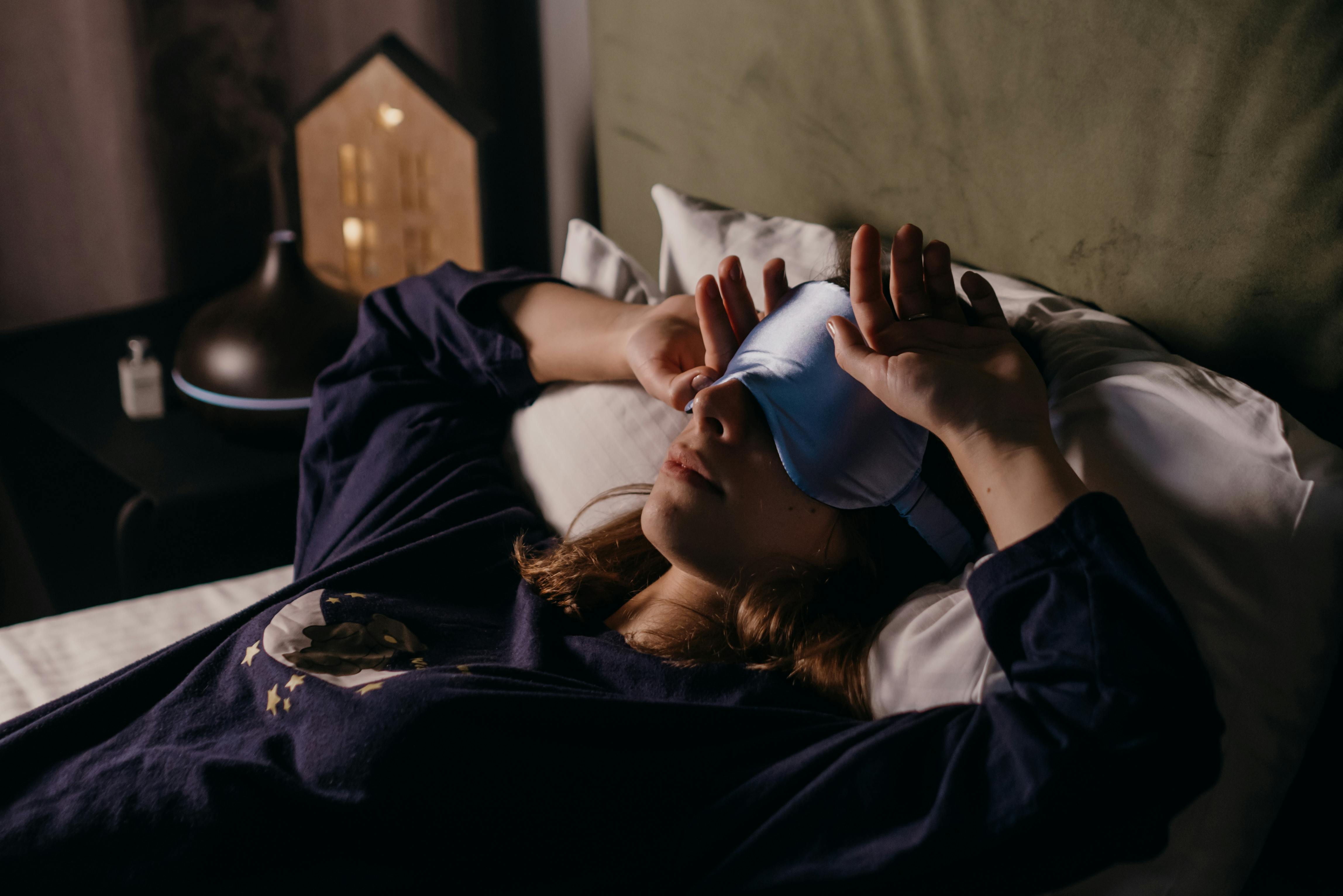

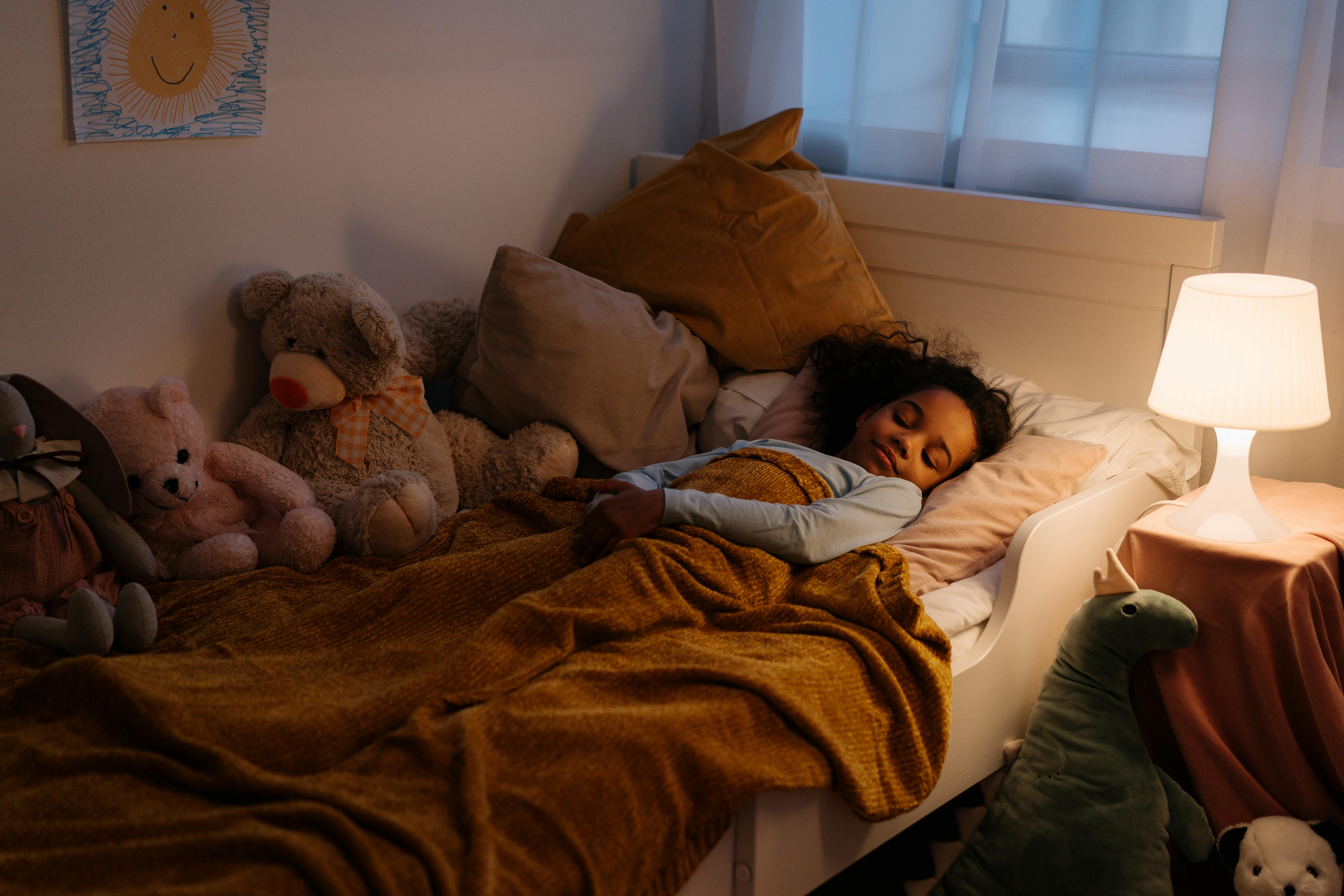


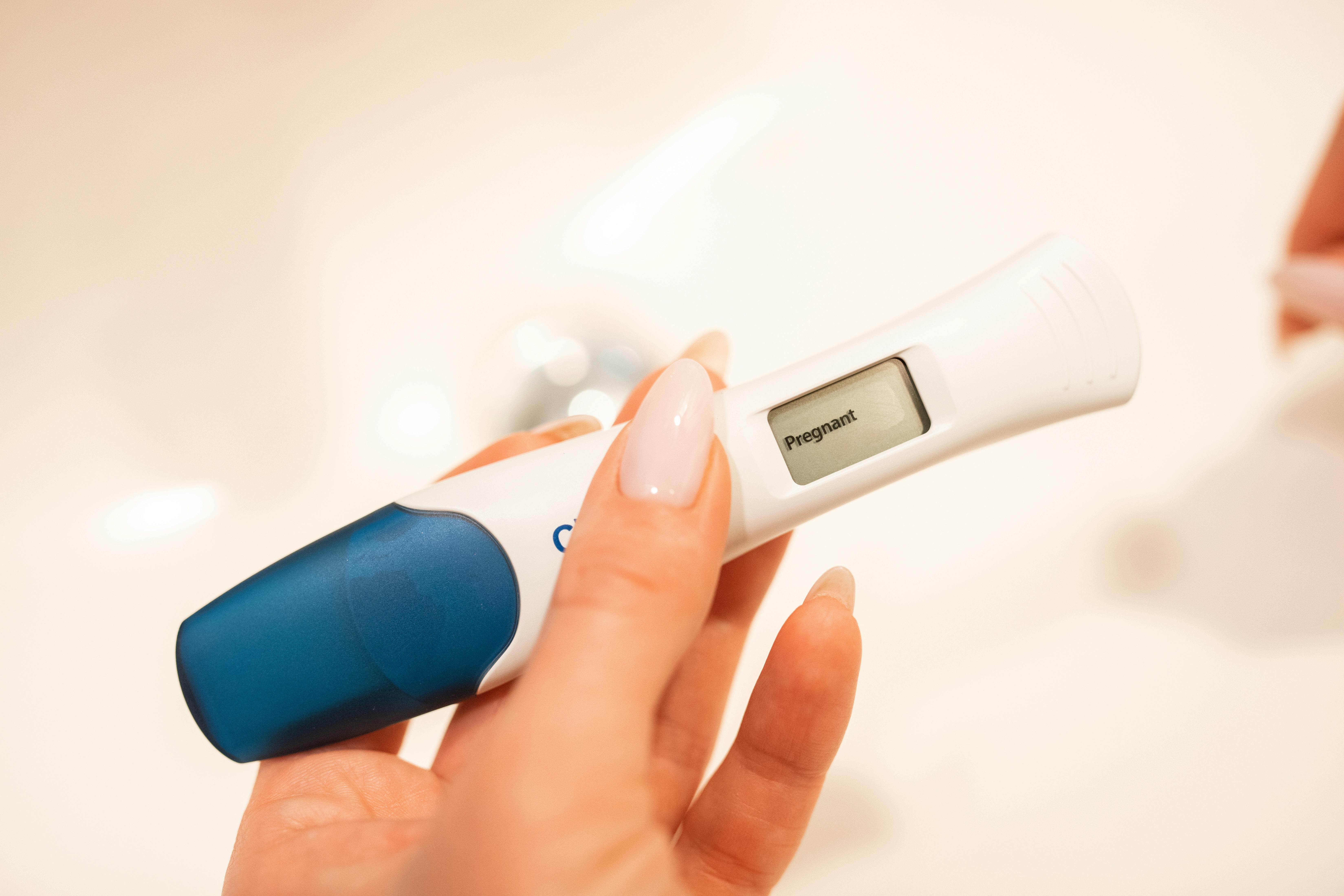
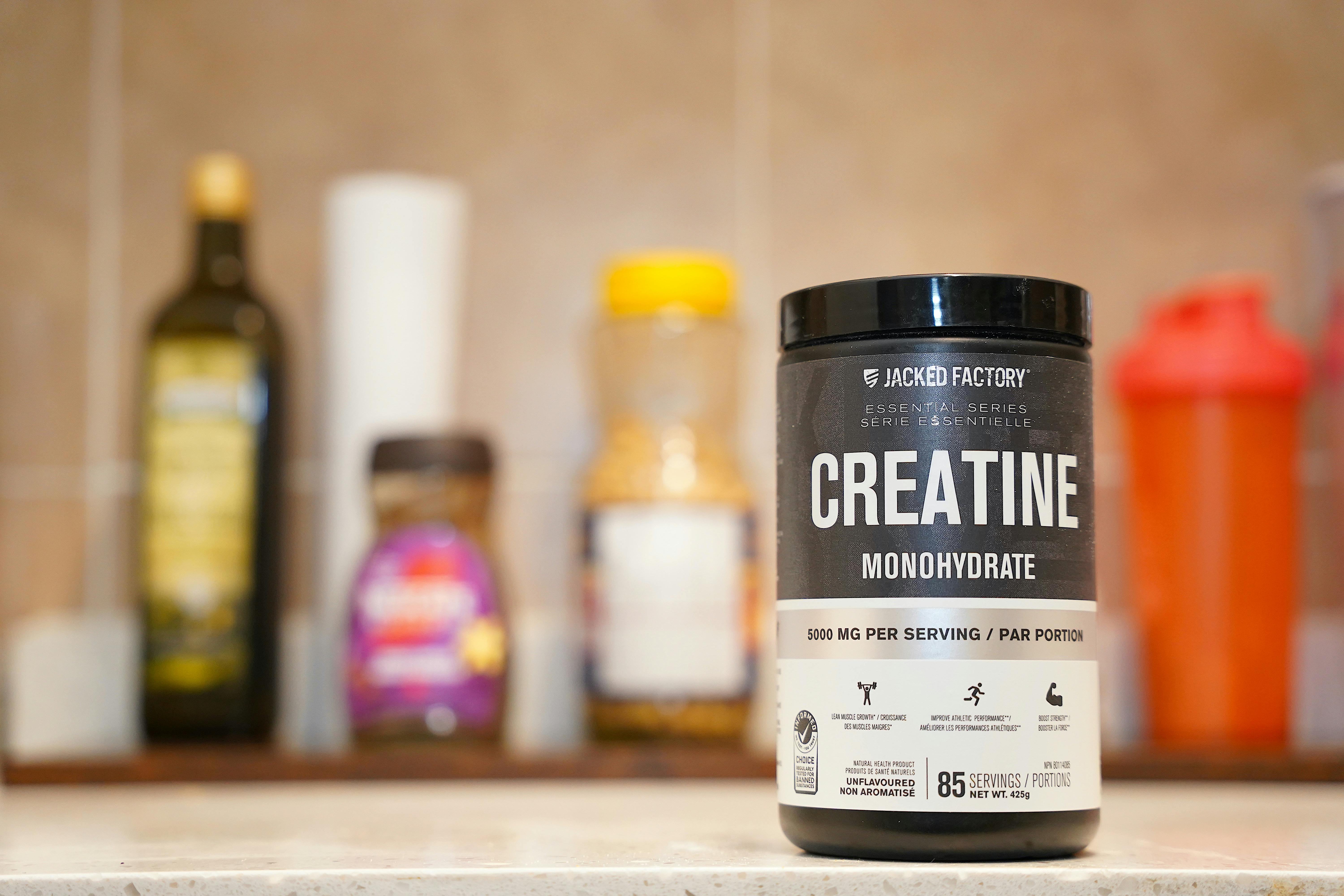




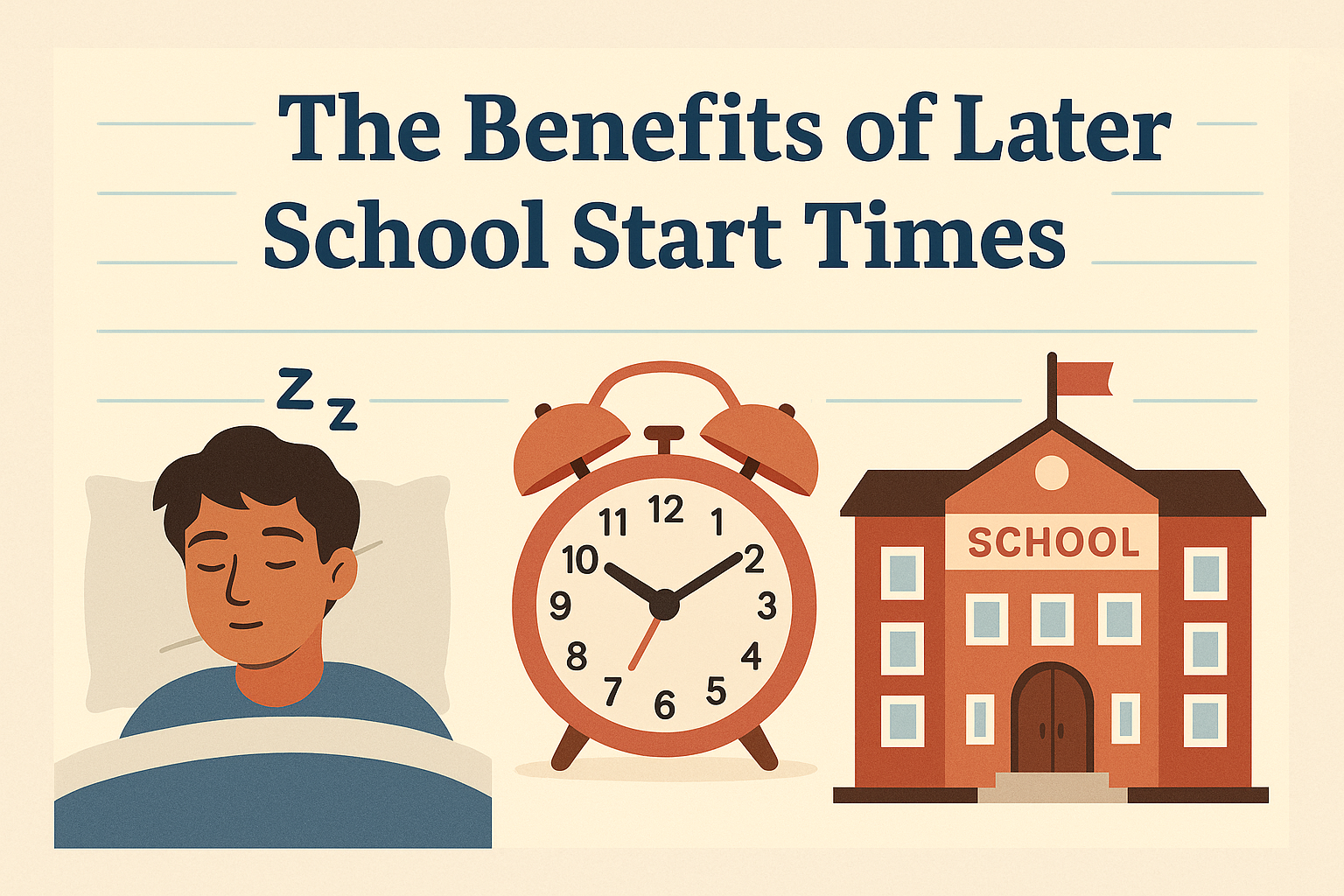

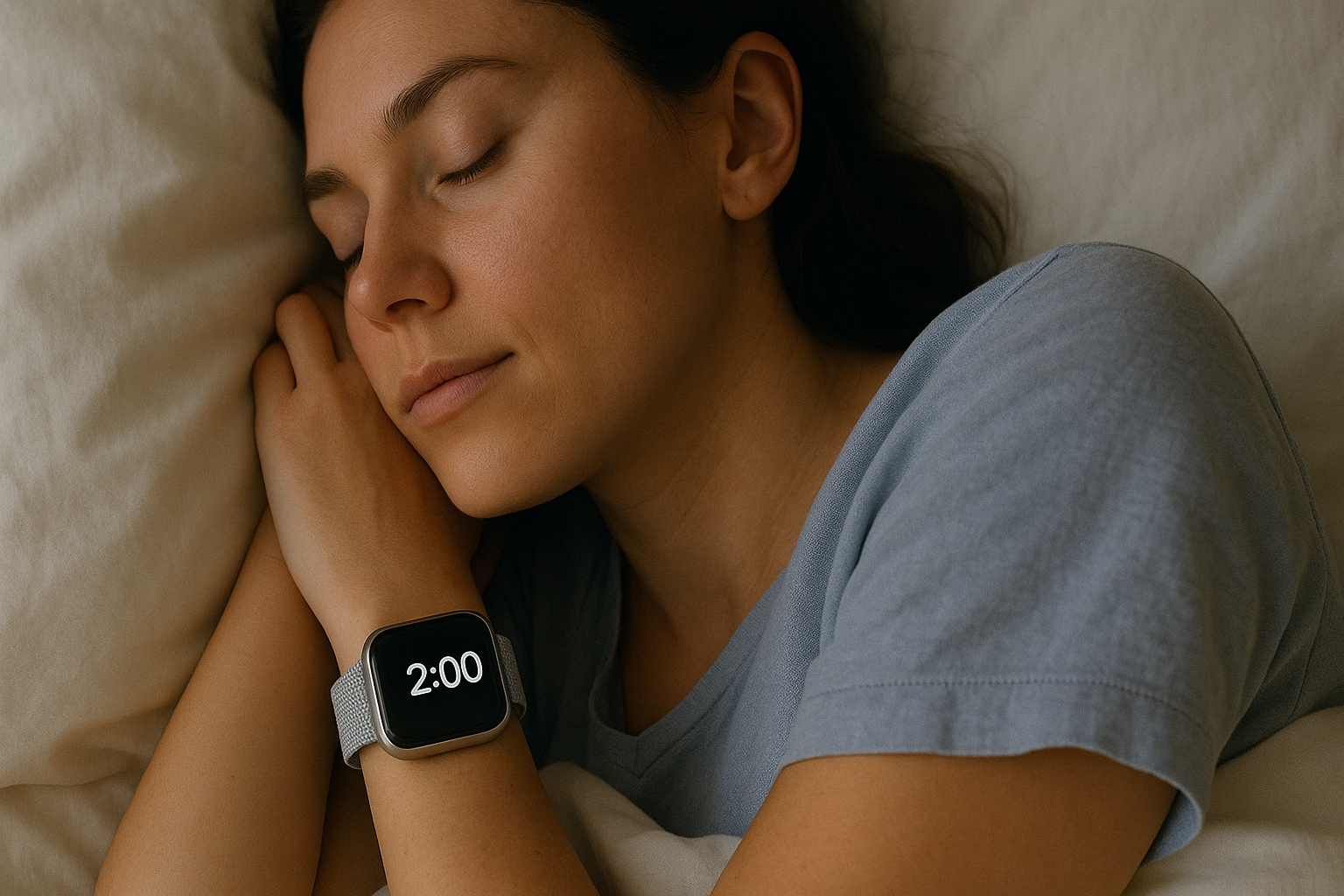


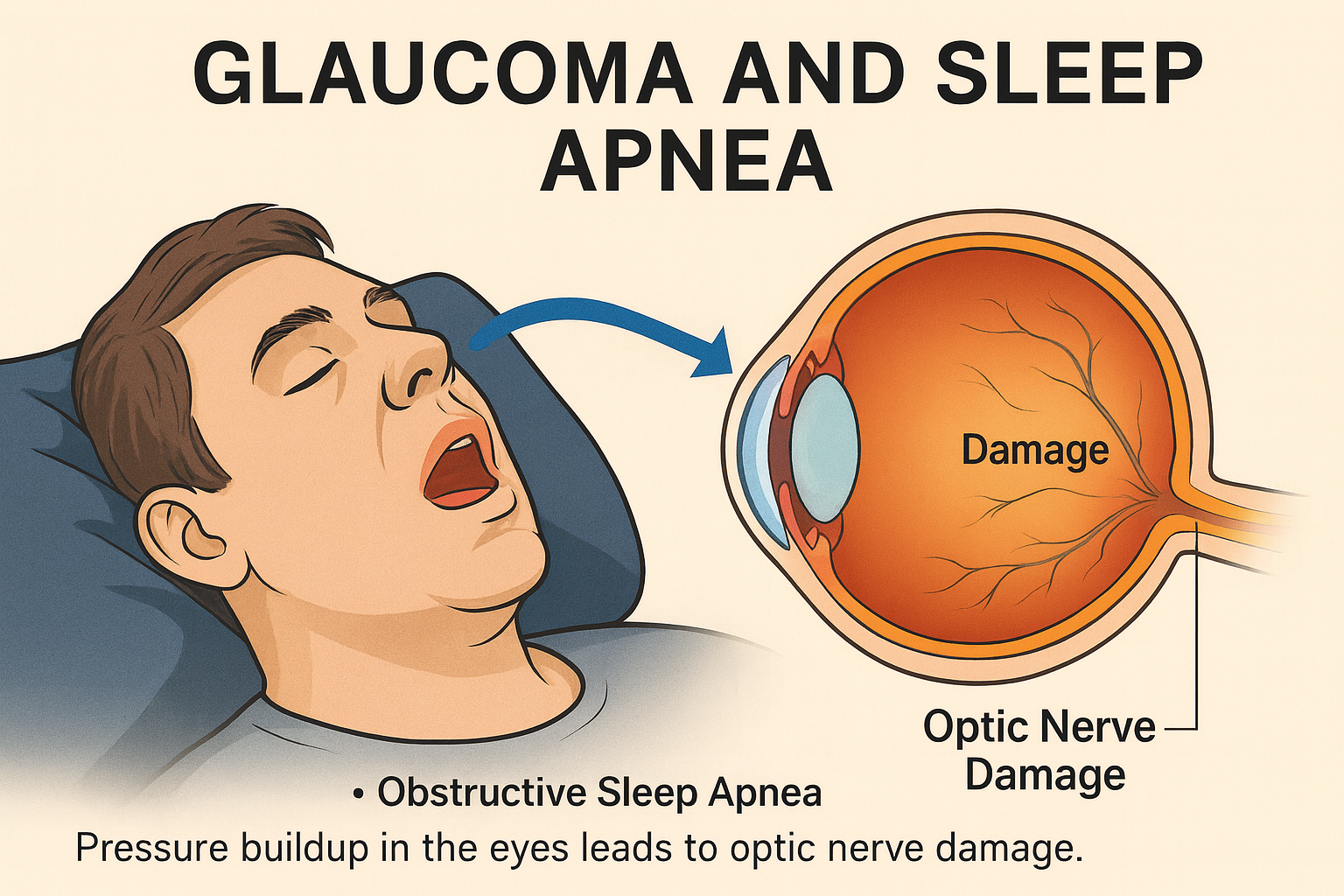

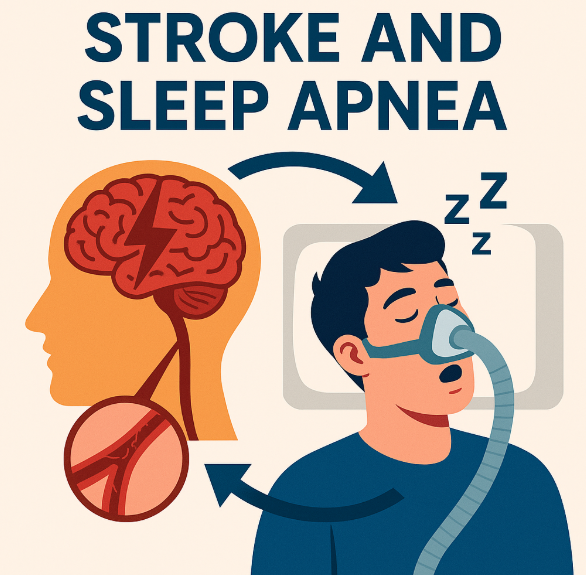
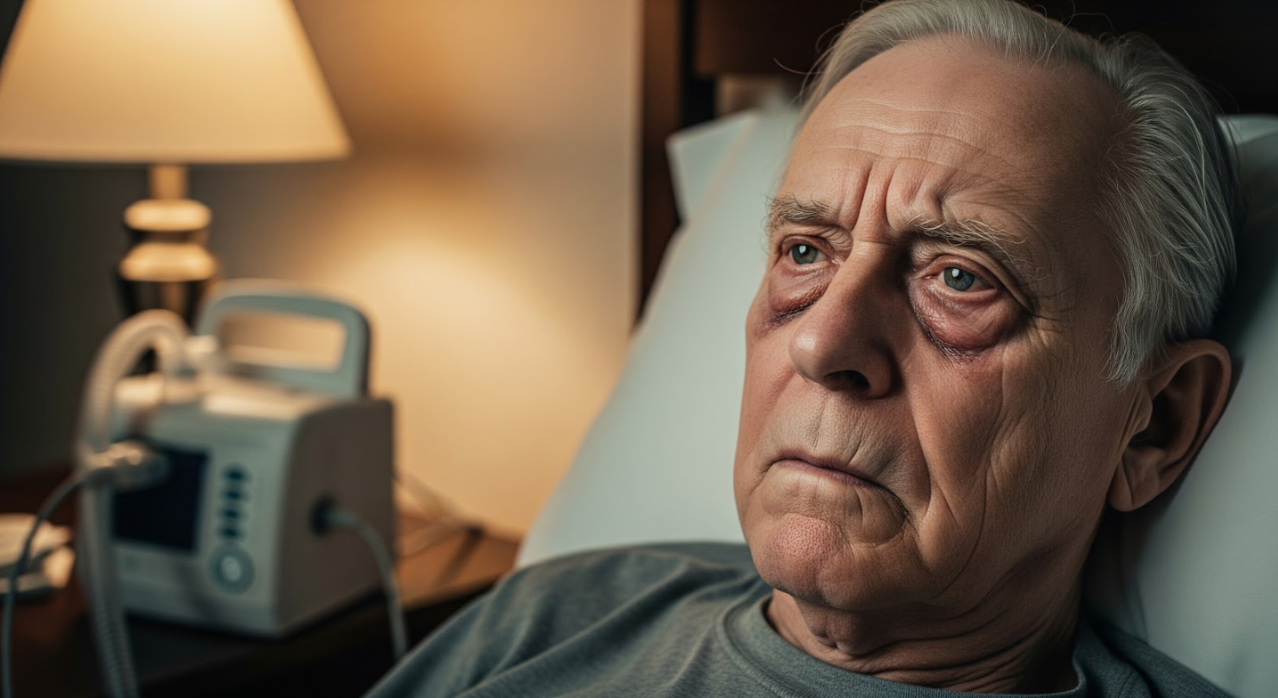
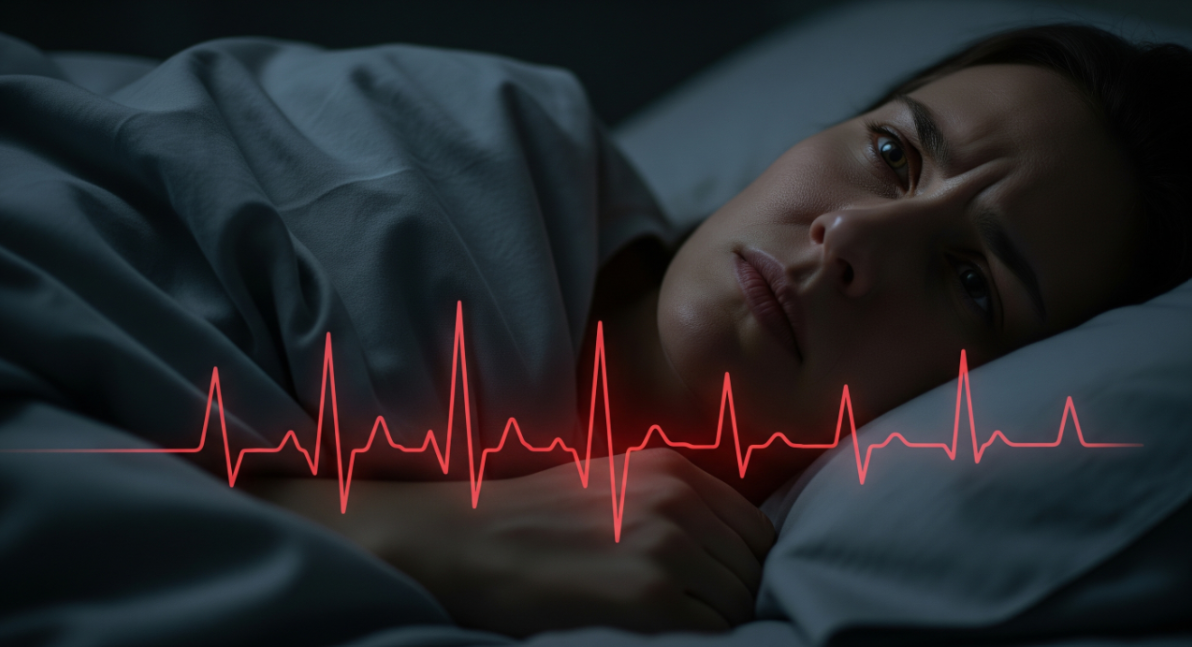





























































%20thumbnail.jpg)
.png)